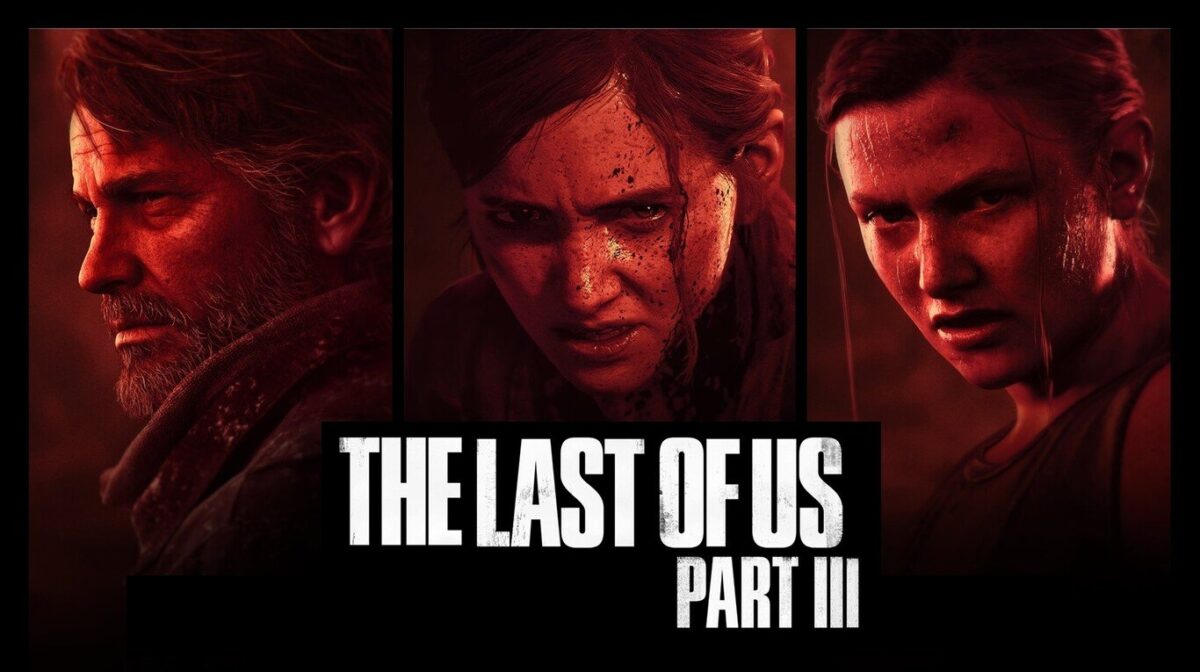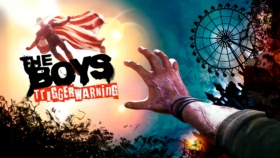Like many gamers of my generation, I’ve lived through the emotional highs and heartbreaks of The Last of Us franchise. From the first time I turned on the PS3 and started walking through the wrecked streets of Boston, I was hooked. Its characters felt real, and its world resonated with me during high school and into early adulthood. The series shaped how I view storytelling in games.
The multiplayer mode and the community-built maps introduced me to friendships that remain strong more than a decade later. Cobbleton Rooftop Shootout tournaments and Joel versus Ellie discussions kept me engaged year after year. The Last of Us felt personal, human, and unforgettable.
That is why I say this: Naughty Dog is dropping the ball by not committing to a third main release, or even more spin‑off seasons for the series. Part II was breathtaking in scope and emotion, and the HBO show has reignited interest across global audiences. Yet it feels like the game franchise itself has stalled – Trilogy plans evaporated, and promised E3 reveals never materialized.
The Last of Us Part III Needs to Be a Global Event
Part II delivered one of the most ambitious narratives ever in gaming with complex morality arcs, mature themes, and gorgeous world design. But that momentum stopped. There was a promise of DLC, multiplayer expansions, or even a Part III tease. Instead, we watched the TV adaptation walk into American living rooms and capture global hearts.
While the series earned accolades and record viewership, the game universe has remained dormant. DLC for Part II was quietly canceled when internal reorgs hit. Meanwhile, fans who stayed loyal through double-digit playthroughs have moved on – or worse, found little reason to revisit the game world beyond occasional replay. That kind of wake matters. The emotional stakes of Part II deserve a sequel, not a nostalgic pause.
What Could The Last Of Us Part III Be?
Imagine a new chapter set years after Seattle’s final stand. It could return to Ellie with evolved character arcs, backlit by world rebuilding and lingering trauma. New locations, factions, and unanswered losses – absent in the TV show – could deepen the lore. Multiplayer might reintroduce Factions or a reimagined arena mode alongside story co-op episodes. And yes, it could finally migrate to Unreal Engine 5 for richer environments, dynamic physics, and expanded online mode communities.
A third installment would elevate the franchise beyond cult classic status. It could integrate seasonal content or digital tie‑in episodes, bridging gaps between games. Fans want to feel that world again, on their consoles, with new mechanics and emotional resonance. Naughty Dog could reignite the community and reward both old and new players in style.
Why Keeping the Series Exclusive to HBO Isn’t Enough
The TV adaptation accomplished something few game-to-screen projects ever do – it honored the source material while reaching new fans. But without new games, it encases the franchise in nostalgia. Even with excellent ratings, a game audience doesn’t automatically reengage by watching. Experiences differ. The immersive interactive world calls for more content.
Sony and Naughty Dog have taken high-level storytelling to new heights, but the emotional bond built through gameplay, through the fireflies, through fractured relationships, deserves to stay alive as an interactive medium. Leaving the legacy unextended stings fans who spent hours walking alongside Ellie or Abby.
Final Take: It’s Time to Bring the Survivors Back
If The Last of Us Part III arrives, it should arrive with determination and faith, not as a cash-grab expansion, but as a full narrative sequel that honors what came before. There’s space for new characters, new roles, new trauma, and new hope. It would signal that Naughty Dog isn’t just telling stories – they’re continuing them.
The series once redefined cinematic gameplay. Now it needs to set the bar again. Part III would bring emotional closure, gameplay evolution, and creative reassurance. It would remind us why this world mattered – and how powerful interactive storytelling can still be.






